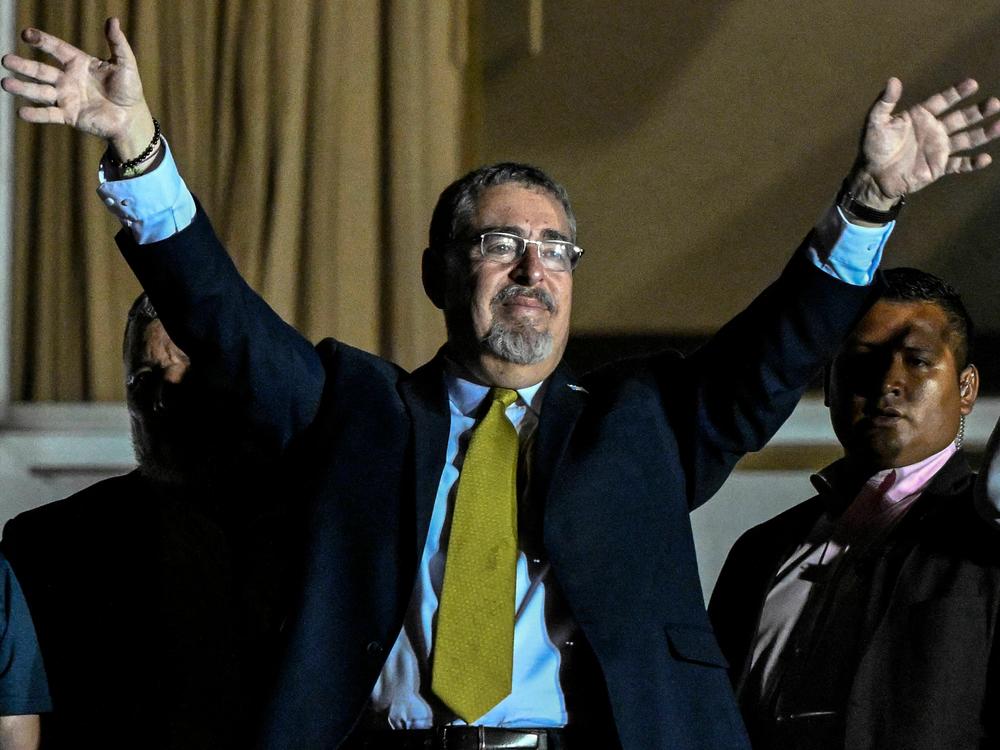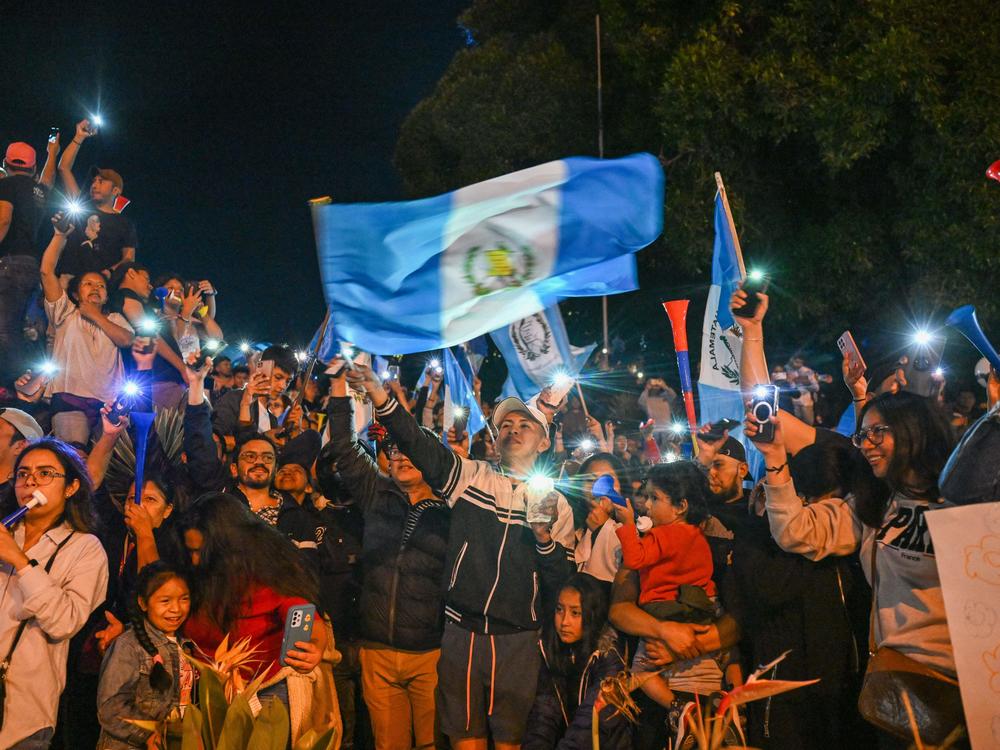Section Branding
Header Content
Guatemala's anti-corruption candidate wins presidency in a landslide vote
Primary Content
GUATEMALA CITY, Guatemala — In Guatemala, a reformist candidate has beaten the odds and will become president-elect. With nearly 100% of the vote counted, the center left, anti-corruption candidate, Bernardo Arévalo leads with more than 20 percentage votes.
The polls predicted this huge victory. But it's also unexpected.
The 64-year-old former diplomat and son of the Guatemala's first democratically elected President, Arévalo stunned political observers when he secured second place against former first lady Sandra Torres, in the initial round of voting in June. He and his Semilla party were hardly known in Guatemala just a few months ago.
Arévalo and his party were outsiders, in a country where the ruling elite had been consolidating their power for years. Human rights defenders, journalists, independent prosecutors and judges had been fleeing, some imprisoned. The ruling party and some of its allies had challenged the result of the first round of the election that saw the Semilla party briefly suspended.
"This victory belongs to the people of Guatemala and now, united as the Guatemalan people, we will fight against corruption," Arévalo said at a news conference late Sunday evening.
Before the election, voter apathy had reigned in a country where many had become inured to corruption and its backslide towards authoritarianism. Analysts view this win as a chance to short circuit Guatemala's democratic backslide.
Late Sunday night, supporters of Arévalo had taken to the streets in celebration. One supporter, Paola Ardo, told NPR that she felt like "democracy had been defended".
The outgoing conservative President Alejandro Giammattei congratulated Arévalo on X, formerly known as Twitter, and invited him to make an "orderly transition" to power, once the results were finalized.
Sandra Torres, the losing candidate, had not conceded on Sunday evening and has vowed to challenge the results in court.
Copyright 2023 NPR. To see more, visit https://www.npr.org.


